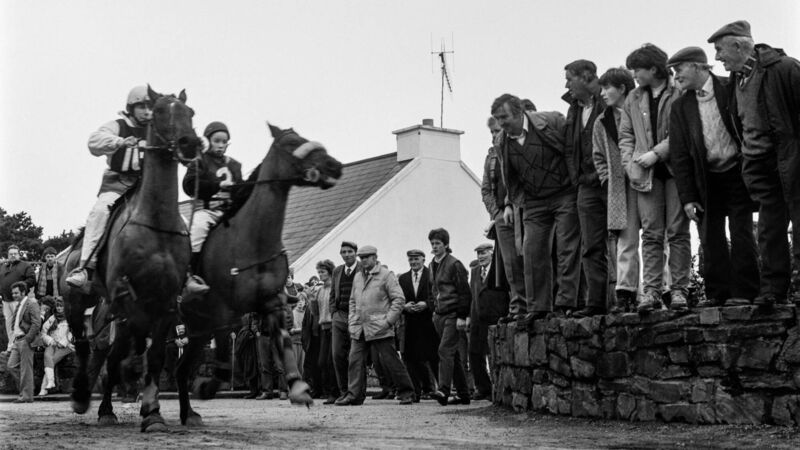Book Interview: Timothy O'Grady recalls compiling the emigrant classic I Could Read the Sky

A street race in County Cork, pictured in Timothy O'Grady and Steve Pyke's I Could Read the Sky.
- I Could Read the Sky
- Timothy O’Grady and Steve Pyke
- Unbound, €25







